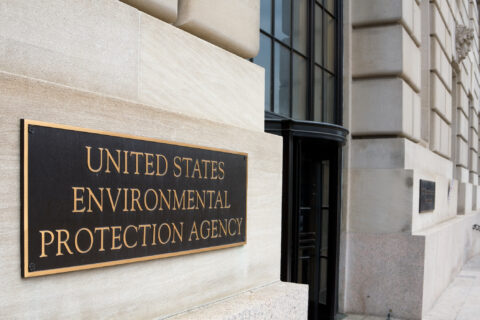As the pandemic continues to impact every industry, city staff are no exception to the large number of workers experiencing reduced hours and unemployment. Cities looking to reduce expenditures are turning to limiting services and reducing their workforce through furloughs and sometimes layoffs.
With cities often the largest employer in many regions, city leaders can help households regain their financial footing in these uncertain times by first helping municipal staff. The Employee Benefit Research Institute (EBRI) recently found that two-in-three employees feel stressed about their financial future. Even before the pandemic, 40% of Americans did not have $400 saved for an emergency.
Savings has never been more critical to families as they struggle to pay bills for housing, food, medical care, and other essentials. The IRS extended the deadline to receive the Economic Impact Payment to November 21, 2020, but this won’t be enough. Cities can also help employees easily increase their emergency savings by connecting them to direct deposit or creating incentives for them to have a portion of their direct deposit placed into a savings account.
The City of Boston piloted the first city-organized emergency savings fund initiative aiming to support the financial security of its employees. As a result, 16% more employees split their direct deposit into an emergency savings account, with an average of $67 saved every week or $3,463 per year.
With city revenues declining, city leaders need solutions that help their employees stay afloat without significantly impacting city budgets. City leaders can take these five steps now to help their staff:
- Offer payroll options that meet employees’ needs and protect paychecks
Moving employees’ paychecks to direct deposit is ideal for both employees and the city’s payroll system. It reduces the risk of employees’ income being reduced by substantial check-cashing fees and it enables a more predictable payment schedule. It also avoids lost or stolen paper checks. For the municipality, it requires less staff time to process payroll each cycle and it is more secure for the city.
Payroll cards are another beneficial payment option that also reduces the risks associated with paper checks, especially for employees without bank accounts. If offering this option, the National Consumer Law Center (NCLC) recommends that employers should ensure that the cards have protections like being Federal Deposit Insurance Corporation (FDIC)-insured and offering limits on overdraft fees and features.
- Leverage your city’s relationships with local financial partners to offer safe and affordable savings accounts for your city employees
Cities can demonstrate their commitment to improving employee’s financial health by adding FDIC-insured and affordable banking products to the overall benefits package. City leaders can leverage the city’s relationships with financial institutions to increase access to financial products and services for employees. This effort will help historically underbanked employees, such as seasonal staff including youth, lower-wage earners, and people of color, benefit from expanded access to banking products. - Enable options for employees to split part of their pay into an emergency savings account
Cities can help employees and their families recover and prepare for the unexpected by automatically sending a part of their paycheck into a separate account designated for savings. By automatically setting aside money every month, employees can easily begin to build savings for emergencies and other big expenses. Additionally, supporting the financial wellness of city employees can lead to greater retention of employees and more productivity.
The City of Boston piloted the first city-organized emergency savings fund initiative aiming to support the financial security of its employees. As a result, 16% more employees split their direct deposit into an emergency savings account, with an average of $67 saved every week or $3,463 per year.
- Utilize trusted partners and national campaigns to boost employees’ savings habits
America Saves is a national campaign that encourages individuals to pledge to save. The campaign works with local governments and community organizations to promote savings year-round. Municipalities can utilize the campaign’s free resources to support and encourage their employees with their savings goals and plans through the “Split to Save” program. - Link savings efforts to other city initiatives focused on building savings
City leaders can align saving initiatives with city-wide goals of access to education and training, higher-paying jobs, and wealth-building through the city workforce. “Split to Save” options can encourage long-term investing and saving toward children’s education via a 529 account or children’s savings account.
Now is the time to help employees access every available financial resource and support to ensure they can weather this storm through no or low-cost solutions.
Learn How Cities Are Supporting Their Staff
Register for City Summit and attend our session “Keeping Your Day Job: Addressing Financial Instability Among City Employees” starting at 4:00 pm EST on Thursday, November 19.











